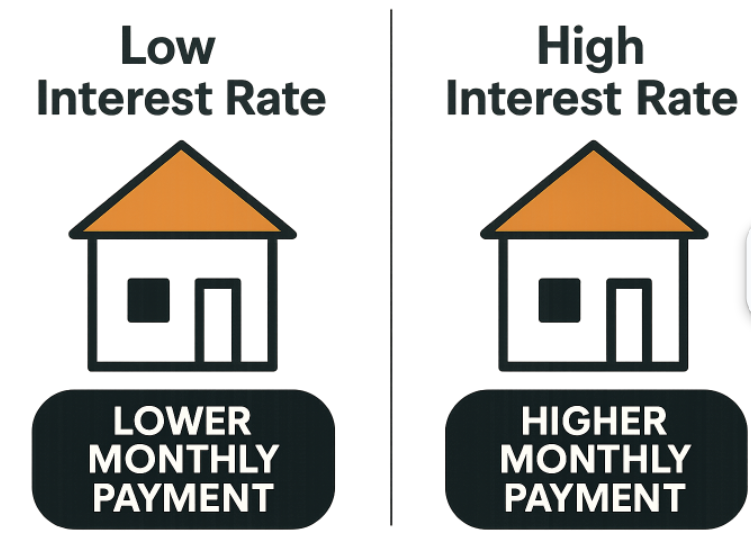Muscle building is not just about looking fit—it plays a major role in improving your overall health. Strong muscles help support joints, protect bones, and boost metabolism. When you have more muscle, your body burns more calories even at rest. The WellHealth Muscle Building Guide is designed to help you naturally build muscle by combining proper workouts, nutrition, and recovery. If you’ve struggled with progress or don’t know where to start, this guide offers a safe, step-by-step approach suitable for both beginners and advanced lifters. With consistent effort and the right plan, anyone can build muscle, improve their strength, and feel more energetic in daily life.
Train Smart: Build Muscle with the Right Exercises
To train smart, you need a plan that targets all major muscle groups using effective exercises. Focus on compound movements, such as squats, deadlifts, bench presses, and rows. These work multiple muscles at once, giving you the most results in the shortest time. Training three to five times per week is enough, and consistency is more important than intensity. Always practice progressive overload—gradually increase your weights or reps each week. This forces your muscles to grow. Proper form is crucial, so never sacrifice technique to lift heavier. Make sure to warm up before each session and cool down afterward. A well-designed training plan will help you stay injury-free while building strength over time.
Eat Right: Fuel Your Muscle Growth
You can’t build muscle without proper nutrition. To grow, your body needs more fuel than it burns, which means eating in a caloric surplus—typically 300 to 500 extra calories per day. Protein is the most important nutrient for building muscle. Aim for 1.6 to 2.2 grams of protein per kilogram of body weight daily. Great sources include chicken, fish, eggs, beans, and protein powders. Don’t forget carbs and fats—carbohydrates provide energy for workouts, and fats help with hormone production. Eat whole foods like rice, oats, fruits, vegetables, and nuts to meet your daily calorie goals. Spread your meals across the day, and make sure to eat before and after workouts for better recovery and performance.
Read Also: Quzepa Reviews – What is Quzepa? | Is Quzepa safe to take?
Grow Strong: Focus on Recovery and Sleep
Muscles don’t grow in the gym—they grow when you rest. That’s why recovery is just as important as training and nutrition. Aim for 7 to 9 hours of quality sleep every night. During sleep, your body repairs muscle tissue and releases growth hormones. Skimping on rest can stall your progress or even lead to injury. Include at least one or two rest days per week, and try light activities like walking, stretching, or yoga on those days. Managing stress also boosts recovery. High stress raises cortisol, a hormone that can block muscle growth. Try meditation, deep breathing, or journaling to reduce stress levels. Good recovery habits ensure your muscles grow stronger and faster between workouts.
Supplements: What You May Need
While food should always be your main source of nutrients, certain supplements can support your muscle-building journey. Whey protein is a quick and easy way to hit your daily protein targets, especially after workouts. Creatine is one of the most researched and effective supplements—it boosts strength, increases workout performance, and promotes muscle growth. BCAAs (branched-chain amino acids) may help reduce muscle soreness, though their effectiveness is still debated when you’re already getting enough protein. Always choose high-quality, certified products, and avoid over-relying on pills or powders. If you’re unsure, talk to a nutritionist or fitness coach. Supplements are tools—not magic. They can help, but real results come from consistent training, eating, and resting.
Common Mistakes to Avoid
Building muscle takes time and effort, but many people make simple mistakes that slow down progress. Lifting too much weight without proper form can lead to injury and prevent muscle activation. Skipping warm-ups or not stretching can also increase the risk of getting hurt. Another common issue is not consuming enough protein and overall calories. Some people also overtrain, thinking more is better, but this leads to burnout and muscle breakdown. Relying too heavily on supplements while ignoring whole foods is another trap. Perhaps the biggest mistake is not being patient—muscle growth is a slow and gradual process. Trust the plan, stay consistent, and avoid shortcuts that lead to frustration or failure.
Track Your Progress
Tracking your progress keeps you motivated and helps you see what’s working and what’s not. As part of the WellHealth Muscle Building Guide, it’s recommended to keep a workout log to record your exercises, weights, sets, and reps. You can use a notebook, spreadsheet, or fitness app. Additionally, take body measurements and photos every 2–4 weeks to track changes visually. Don’t rely solely on the scale—muscle weighs more than fat, so the number might not drop even as your body gets leaner and stronger. Monitoring sleep quality, energy levels, and mood can also help identify areas for improvement. When you have visible proof of your progress, it becomes easier to stay consistent and push forward.
Conclusion
Building muscle the smart way isn’t complicated—it’s all about following the right steps. With the WellHealth Muscle Building Guide, you now have a clear roadmap to train effectively, eat the right foods, and recover properly. Stick to compound exercises, maintain a caloric surplus, prioritize sleep, and track your progress. Stay away from common mistakes and don’t fall for shortcuts. By applying these strategies consistently, you’ll not only build muscle but also improve your confidence, energy, and overall health. Remember, every strong body starts with a single step. Start today, and let WellHealth guide you to a stronger, healthier you.
FAQs
How long does it take to build visible muscle?
Most people notice changes within 8–12 weeks, although full results may take several months to appear.
Can I build muscle at home without equipment?
Yes. Bodyweight exercises, such as push-ups, squats, and lunges, can be effective when performed with intensity.
Do I need supplements to build muscle?
No. Supplements can be beneficial, but a proper diet and a well-designed training plan are more crucial.
What should I eat before and after workouts?
Before workouts: carbs + protein (e.g., banana + yogurt). After: protein + carbs (e.g., chicken + rice).
Is cardio bad for building muscle?
Not at all. Light cardio, 2–3 times a week, can improve recovery and heart health without hindering gains.
Read Also: Well Health Tips in Hindi WellHealthOrganic




